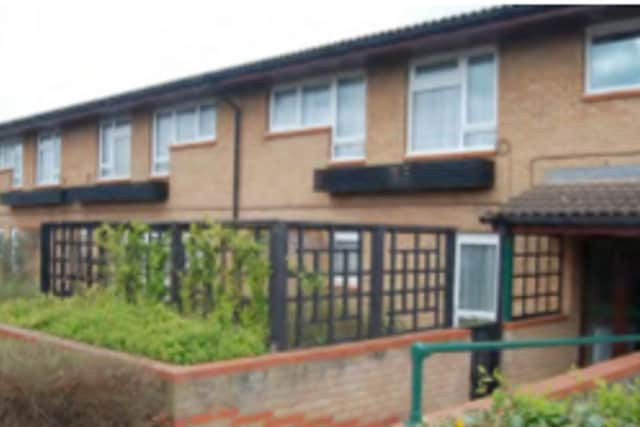New no-nonsense policy to decide who gets a council house in Milton Keynes
and live on Freeview channel 276
The rules about who qualifies for social rented housing are to be overhauled by Milton Keynes Council.
And the proposals state people must have a three year minimum 'connection' to the MK area before they can even apply for a home. This means that some asylum seekers would not be considered eligible, unless they fulfil certain exemptions.
Advertisement
Advertisement
The council commissioned an independent review of the way all social rented housing is allocated in the borough and have drawn up a new set of rules, which have now gone out to public consultation.


The no-nonsense recommendations reward people for having local connections and behaving well, but penalise those who behave wrongly or owe rent.
Anyone found guilty of bad behaviour, particularly domestic abuse, would be banning them from even applying for housing in the future. And anyone owing more than one month's rent from a previous tenancy should be disqualified from applying, along with people evicted for breaching tenancy conditions.
All councils have a public law duty to accept applications from any member of the public for an allocation of social rented housing. But in reality, the stock is low and the number of applicants is sky high.
Advertisement
Advertisement
Four criteria are assessed by the council when someone apply for social rented housing. These are qualification, priority, what choice can be given and and how much additional preference the applicant can have.
The new criteria would mean instant disqualification for anyone guilty of "unacceptable behaviour". This includes perpetrators of domestic abuse subject to certain court orders, any person subject to an injunction or has been convicted of causing nuisance, annoyance, harassment, alarm or distress, and any person who has been convicted of causing noise from the property.
The ban would also apply to people who have outstanding rent or service charge arrears exceeding the value of more than one-month of the agreed amount repayable by an applicant to a landlord, and persons who have been evicted for "any breach of tenancy conditions".
These conditions include person who sublets their property without permission, fails to report repairs or fails to allow contractors to carry out maintenance.
Advertisement
Advertisement
Persons who do not have a minimum of three years continuous connection to Milton Keynes will not be able to apply, with the exception of domestic abuse survivors and Armed Forces personnel.
A council spokesman said: " A connection is established by being normally resident within the Local Authority area, by their own choice for a minimum period of three years."
Being 'normally resident' also includes homeless people in temporary accommodation provided by the council.
Former asylum seekers who were previously given temporary accommodation under the Immigration and Asylum Act, or former asylum seekers previously accommodated under the Asylum Seekers (interim Provisions) Regulations, will NOT fulfil the residency criteria.
Advertisement
Advertisement
But people who have humanitarian protection granted under the Immigration Rules are still eligible. This could be a person whose asylum application has failed, but they face real risk of harm if they returned to their state of origin.
People who are Afghan citizens with limited leave to enter or remain in the United Kingdom, are also eligible.
However, ineligible people include homeowners or anyone with a mortgage for the whole or part of their home, and anyone with savings or more than £16,000.
In terms of choice of homes, the new rules propose to allow people to select their preferred wards but there will be a strict limit on the number of properties can refuse.
Advertisement
Advertisement
"One reasonable refusal will be allowed for applicants with the highest priority for an allocation, and no cap on reasonable refusals for applicants with the lowest priority. People who are homeless or are owed a homelessness duty will have no entitlement to a refusal of a reasonable offer of accommodation," said the spokesman,
Additional preference will be given to people who need to move on medical or welfare grounds, serving and former members of the Armed and Reserve Forces including bereaved spouses and civil partners, and people who need to move due to being a victim of domestic abuse, racial harassment, hate crime amounting to violence, a witness of crime at risk of intimidation, or escaping serious antisocial behaviour.
All applicants n MK will be placed in one of four bands.
Band A will be people who have been awarded extra priority for an offer of accommodation due to having an urgent need to move.
Band B is people who have been awarded extra priority for an offer of accommodation due to having an urgent need to move.
Advertisement
Advertisement
Band C are those who are entitled by law to a "good priority" for an offer of accommodation. This could be due to them occupying insanitary or overcrowded housing, or needing to move on medical or welfare grounds including grounds, for example.
Band D, who lowest priority, will include people who have refused a suitable offer of accommodation.
You can view all the new recommendations and give your views here.